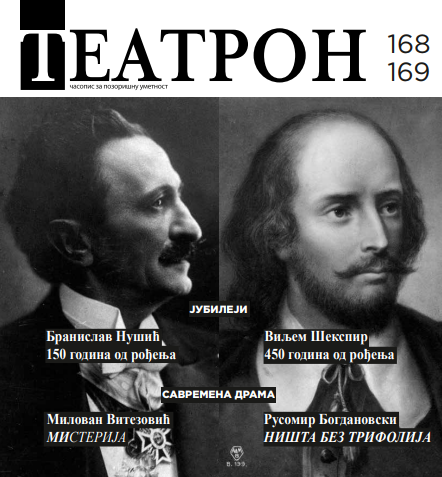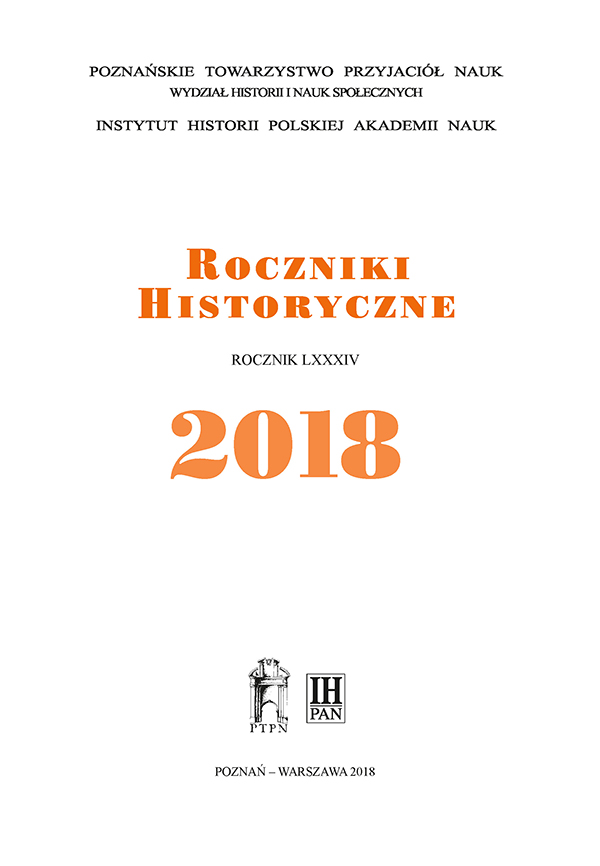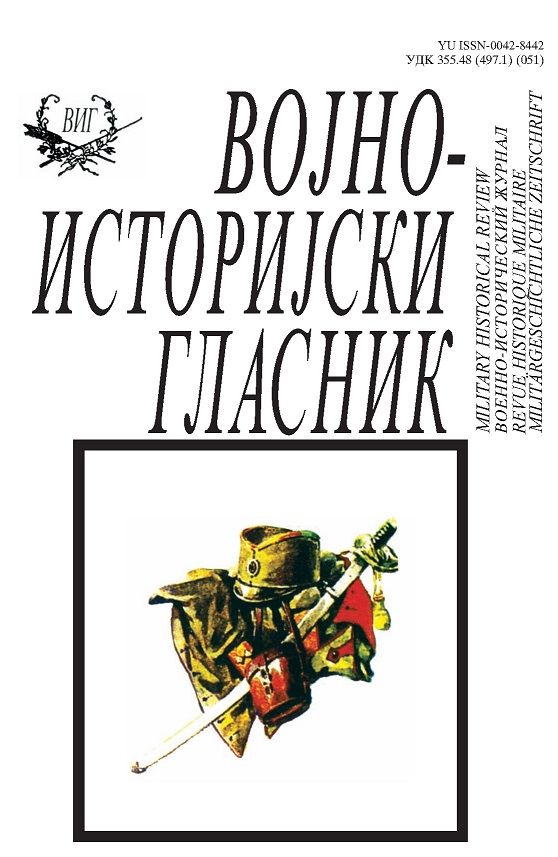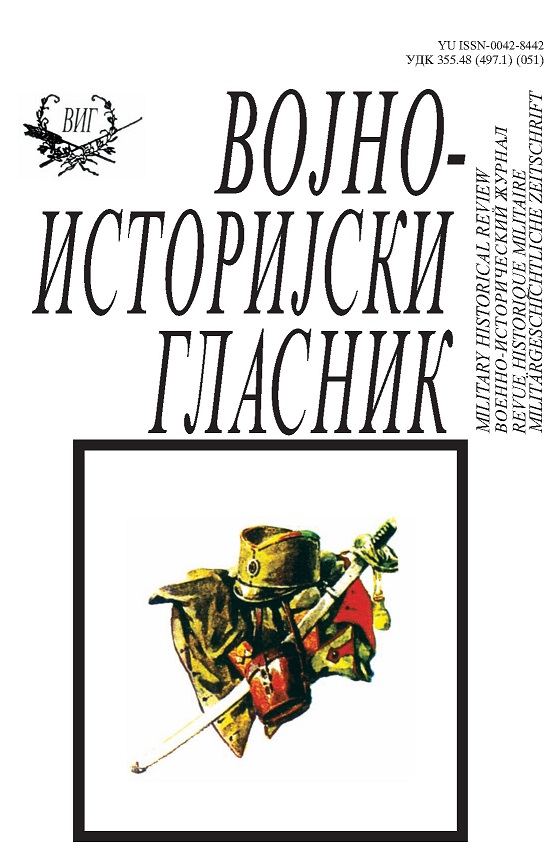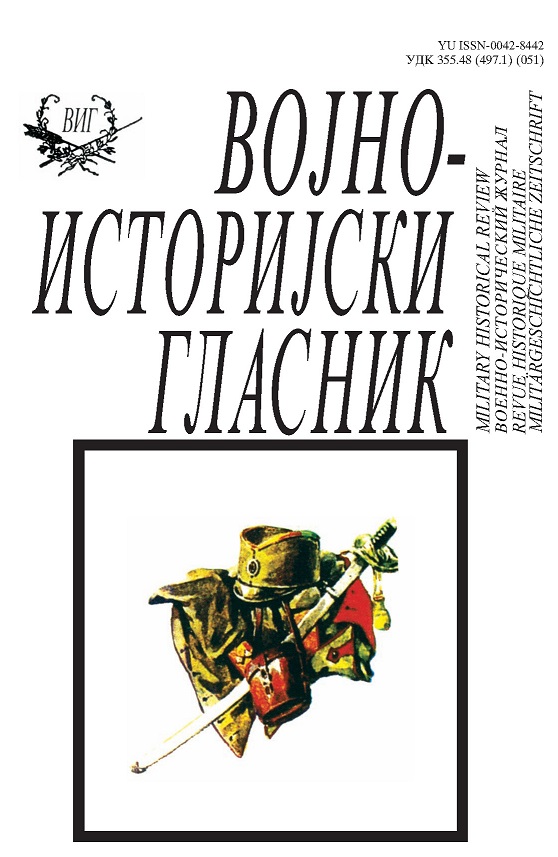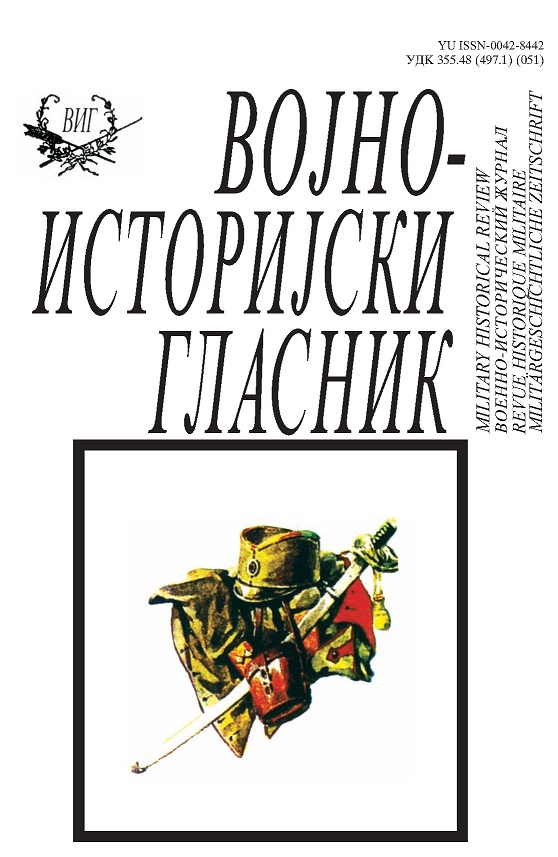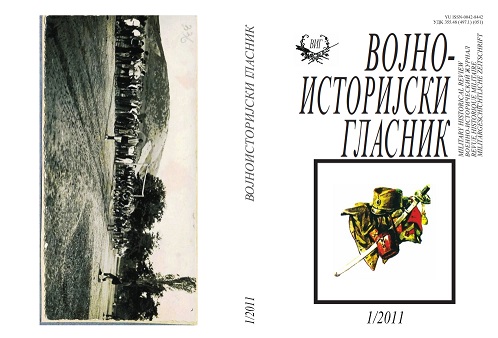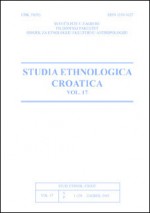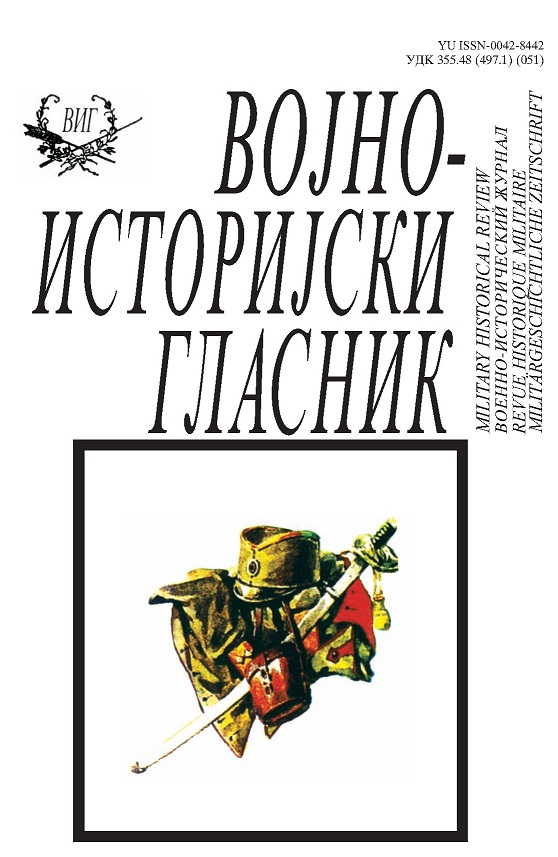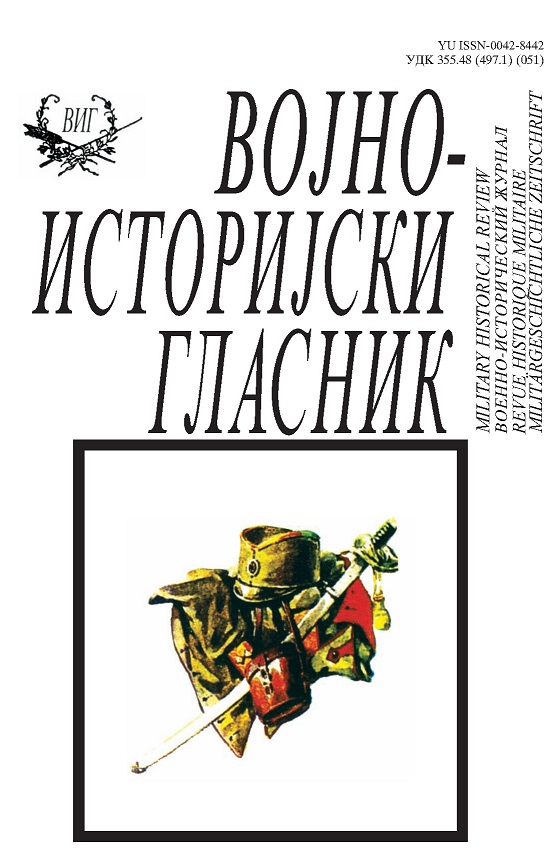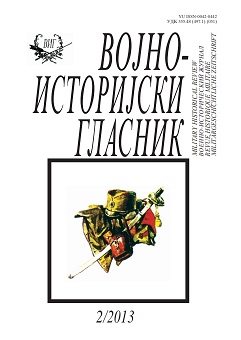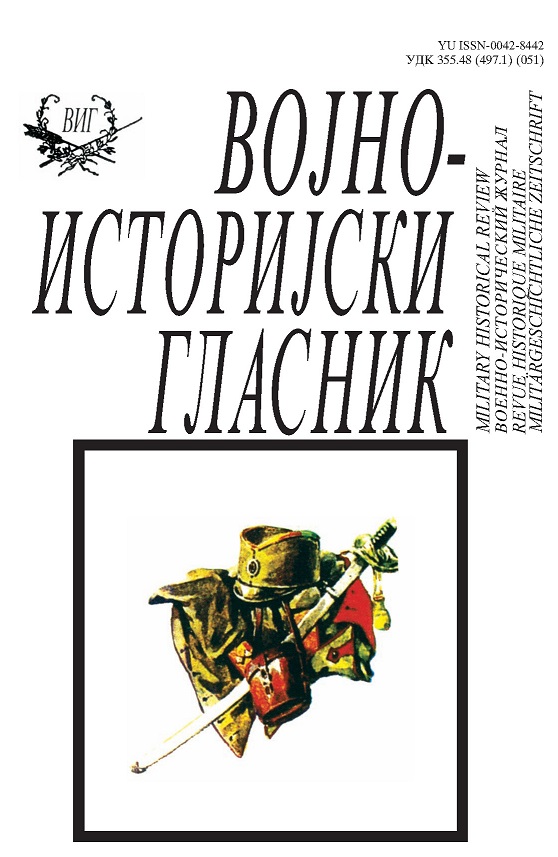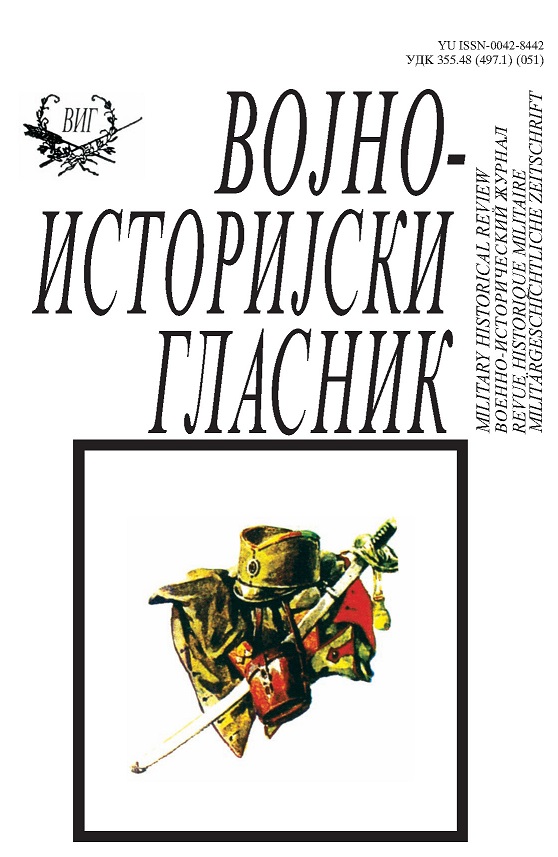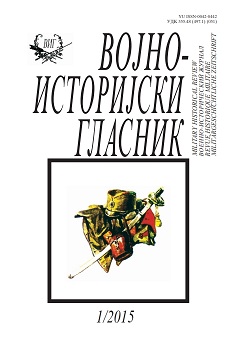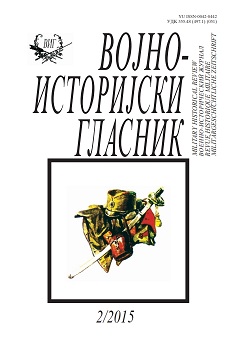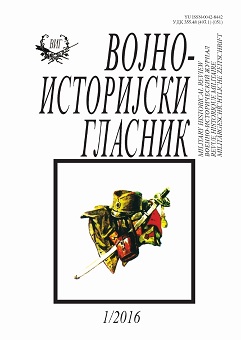Author(s): Trpimir Vedriš / Language(s): Croatian
Issue: 14/15/2003
This description of an extended family called zadruga, of relatively late date, presents the results of field work in the village of Jovići in the Dalmatian hinterland near Zadar, conducted between the years of 2000 and 2003. The results achieved by the use of interviews collected memories of the oldest living inhabitants, reconstructing the structure, function, and every day life of a family zadruga (called Banovi after the paterfamilias called Ban) between the years of 1910 and 1937. This large family which numbered as many as 54 members at the time of their division in 1937, presents a rather late example of once very common form of family amongst the Southern Slavs. Giving some historical notions about the settlement of the Jovići clan in their present-day settlement, the author aims to reconstruct the everyday life of the family in the period when most of the families in the region had already divided. Description, statistical facts concerning house economy, and insights into the interpersonal relations amongst the members of zadruga and the outer world, comprise the central part of the text. Being the descendants of the pastoral populations that settled in this region during the 17th century, the Jovići depended equally on sheep breeding and agriculture till the end of the 19th century. Through constant contacts with the outer world, the head of the family introduced many technical innovations during the 1910s. Alongside traditional occupations, the Banovi started to fish, sell wine and do the seasonal work. The money earned during one members' stay in the USA contributed toward a large number of their possessions. This research, based on oral accounts by the informants and scarcely backed up by written documents, gives an overall picture and basic facts concerning this particular family. Admitting that the results of the research present no more than crude data, and having no pretensions to analyse them to a deeper extent, the author underlines a good material starting point, preservation of manpower during the First World War and Spanish fever, the importance of the strong personality of the head of the family, and good human relations as the most important reasons for the long survival of this archaic form of family life. Author concludes that the major causes for the division were the growing numbers of the members, centripetal tensions caused by the growth of private property, and (not just on the symbolic level) the death of Ban, the head of the zadruga, in 1936.
More...
